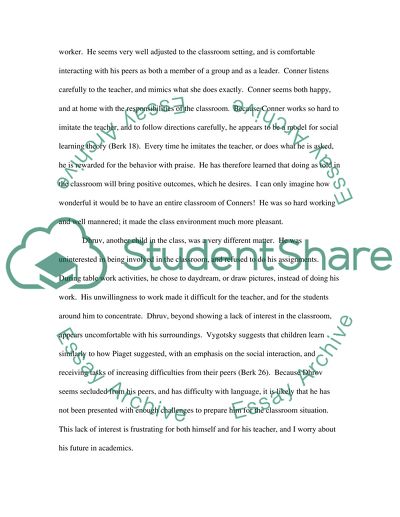Cite this document
(“Classroom Observation Essay Example | Topics and Well Written Essays - 1500 words”, n.d.)
Classroom Observation Essay Example | Topics and Well Written Essays - 1500 words. Retrieved from https://studentshare.org/education/1515231-classroom-observation-essay
Classroom Observation Essay Example | Topics and Well Written Essays - 1500 words. Retrieved from https://studentshare.org/education/1515231-classroom-observation-essay
(Classroom Observation Essay Example | Topics and Well Written Essays - 1500 Words)
Classroom Observation Essay Example | Topics and Well Written Essays - 1500 Words. https://studentshare.org/education/1515231-classroom-observation-essay.
Classroom Observation Essay Example | Topics and Well Written Essays - 1500 Words. https://studentshare.org/education/1515231-classroom-observation-essay.
“Classroom Observation Essay Example | Topics and Well Written Essays - 1500 Words”, n.d. https://studentshare.org/education/1515231-classroom-observation-essay.


